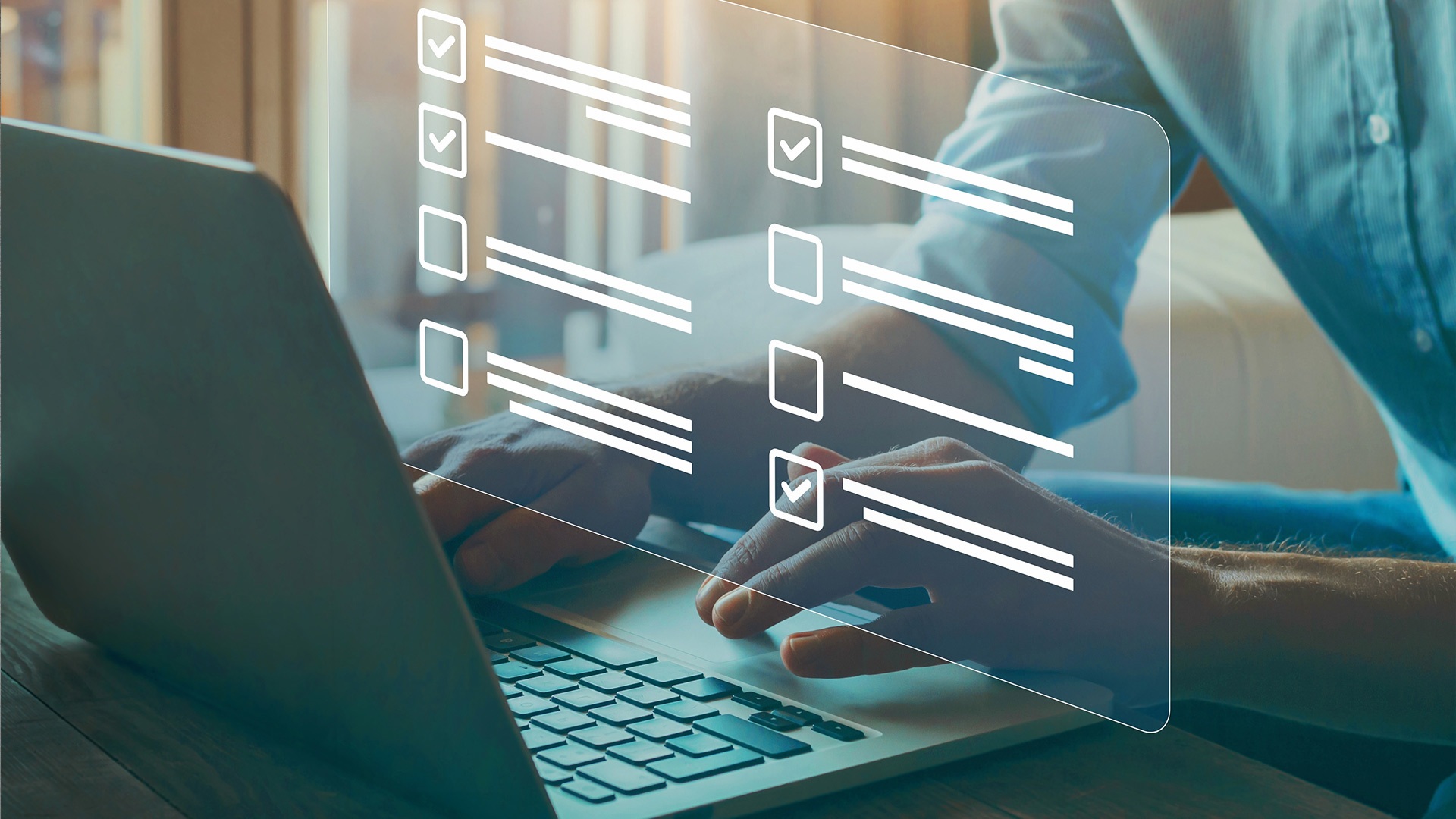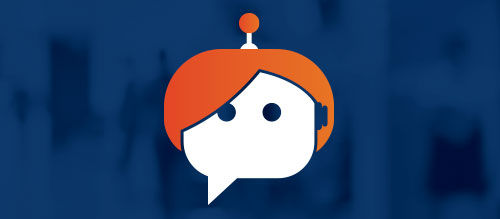- Solutions
Healthcare
- Resources
The Outdated Practice of Security Questionnaires in Healthcare - Moving Towards a Real-Time Approach

In the rapidly evolving digital landscape of the healthcare industry, the security of sensitive patient data is paramount. Traditional methods of assessing the security posture of third-party vendors, such as the widespread use of security questionnaire spreadsheets, are becoming increasingly obsolete. This approach, while once standard, is fraught with inefficiencies and limitations that can compromise the protection of critical healthcare information.
The Limitations of Security Questionnaires
Security questionnaire spreadsheets are typically static documents that request vendors to self-assess and report on their security practices. This method is inherently flawed for several reasons:
- Static Nature: Once filled out, these documents offer only a snapshot in time, failing to capture the dynamic and evolving nature of cybersecurity threats.
- Lack of Verification: Relying on self-reported data without a mechanism for independent verification can lead to inaccuracies and a false sense of security.
- Resource Intensive: The process of distributing, collecting, and reviewing these questionnaires is time-consuming and labor-intensive, diverting valuable resources from other critical security tasks.
- One-Size-Fits-All: Traditional questionnaires often take a generalized approach, lacking the specificity to address the unique security needs and risks of the healthcare sector.
A Modern, Real-Time Approach to Security
In response to these challenges, the healthcare industry is increasingly adopting more modern, technology-driven approaches to security assessment. A real-time approach to security, particularly for third-party vendor management, offers several advantages:
Continuous Monitoring
Instead of relying on static assessments, real-time security solutions continuously monitor the security posture of third-party vendors. This approach allows healthcare organizations to immediately identify and respond to new vulnerabilities and threats as they arise, ensuring a more proactive defense strategy.
Automated Assessments
Leveraging automated tools for security assessments reduces the reliance on manual processes, significantly increasing efficiency. Automation enables real-time analysis of vendor security data, streamlining the evaluation process and reducing the potential for human error.
Customized Security Criteria
Modern security platforms allow healthcare organizations to customize the criteria and metrics used to assess vendors. This tailored approach ensures that assessments are relevant and aligned with the specific security needs and compliance requirements of the healthcare sector.
Third-Party Verification
Real-time security solutions often incorporate mechanisms for independent verification of vendor security practices. This can include integration with reputable security rating services or conducting periodic third-party audits, providing an additional layer of assurance.
Benefits of a Real-Time Approach
Adopting a real-time approach to security offers numerous benefits for the healthcare industry:
- Enhanced Security Posture: Continuous monitoring and proactive threat identification help to strengthen the overall security posture of healthcare organizations and their third-party vendors.
- Increased Efficiency: Automation and streamlined processes reduce the administrative burden on staff, allowing them to focus on more strategic security initiatives.
- Improved Compliance: Real-time assessment tools are designed to adapt to the latest regulatory requirements, assisting healthcare organizations in maintaining compliance with evolving standards.
- Greater Transparency: Continuous visibility into the security practices of third-party vendors fosters a culture of transparency and collaboration, crucial for effective cybersecurity.
Conclusion
The healthcare industry's shift towards a real-time approach to security reflects a broader recognition of the limitations of traditional assessment methods. By embracing modern technologies and practices, healthcare organizations can enhance their defense against cyber threats, safeguarding the privacy and security of sensitive patient data. As the digital landscape continues to evolve, so too must the strategies we employ to protect it.
Interested in learning more? The team at VisiQuate is focusing on how we can help hospitals optimize their revenue cycle management. Visit our Revenue Cycle Playbook for step-by-step plays to help you stay on top of the ever-changing landscape of healthcare revenue cycle, or contact us to schedule a demo.
Other featured posts
© 2024 VisiQuate, Inc. All Rights Reserved.







